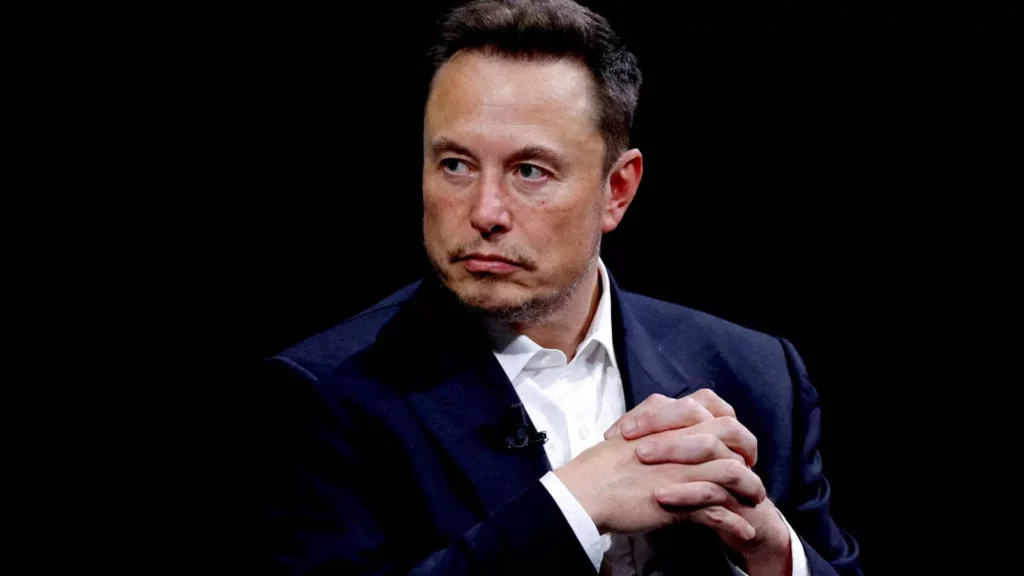![]()
In a significant turn of events, local Chinese authorities have recently lifted restrictions on Tesla cars after the electric vehicle company’s China-made vehicles passed the country’s stringent data security requirements. This move comes as a breakthrough for Tesla, especially considering the popularity of its electric cars in the Chinese market. The restrictions were put in place due to concerns regarding the type of data that the U.S.-based automaker could potentially collect. However, with Tesla meeting the data security requirements, the company can now operate without these limitations.
It’s not just Tesla that has met the data security rules in China. Several other new energy vehicles from different manufacturers such as BYD, Lotus, Nezha, Li Auto, and Nio have also successfully passed China’s data security requirements. The China Association of Automobile Manufacturers and the National Computer Network Emergency Response Technical Team/Coordination Center of China confirmed this development. The new data security requirements are focused on “connected vehicles” released in 2022 and 2023. Automakers voluntarily submit their cars for inspection to ensure compliance with these rules.
Tesla has been proactive in adhering to the data security requirements set by Chinese authorities. The company localized its data storage at its Shanghai data center in 2021 and underwent a review by third-party auditors to pass the ISO 27001 international standard for information security. By meeting these stringent standards, Tesla has demonstrated its commitment to ensuring data security and privacy for its Chinese customers. The company’s efforts have been recognized as they were included in the first batch of automakers that met the data compliance requirements.
Despite the positive developments regarding data security compliance, there are still challenges ahead for Tesla, particularly with the rollout of its driver-assist software, Full Self Driving (FSD), in China. JL Warren Capital CEO and Head of Research, Junheng Li, expressed skepticism about the possibility of a domestic rollout of FSD in China. She cited difficulties for a foreign entity like Tesla to support the local operation of the software. With local alternatives like Xpeng’s driver-assist software available, Li questioned the strategic value for Beijing to endorse FSD’s domestic rollout.
Chinese Premier Li visited several companies, including Xpeng, at the Beijing auto show and emphasized the importance of innovation and demand in driving production. While Tesla is not participating in this year’s auto show, the focus remains on fostering innovation in the electric vehicle sector. Premier Li’s visit underscores the government’s commitment to supporting domestic innovation and technological advancements in the auto industry. The Beijing auto show serves as a platform for showcasing the latest advancements in automotive technology and sets the tone for future developments in the industry.
The recent developments surrounding Tesla’s operations in China highlight the changing landscape of the electric vehicle market. With data security restrictions lifted and a focus on innovation and production, the future looks promising for electric vehicle manufacturers operating in China. Tesla’s efforts to comply with data security requirements and localize its operations demonstrate a commitment to meeting regulatory standards and ensuring customer privacy. As the market continues to evolve, companies like Tesla will need to navigate challenges and seize opportunities for growth and expansion in the dynamic Chinese market.

Leave a Reply